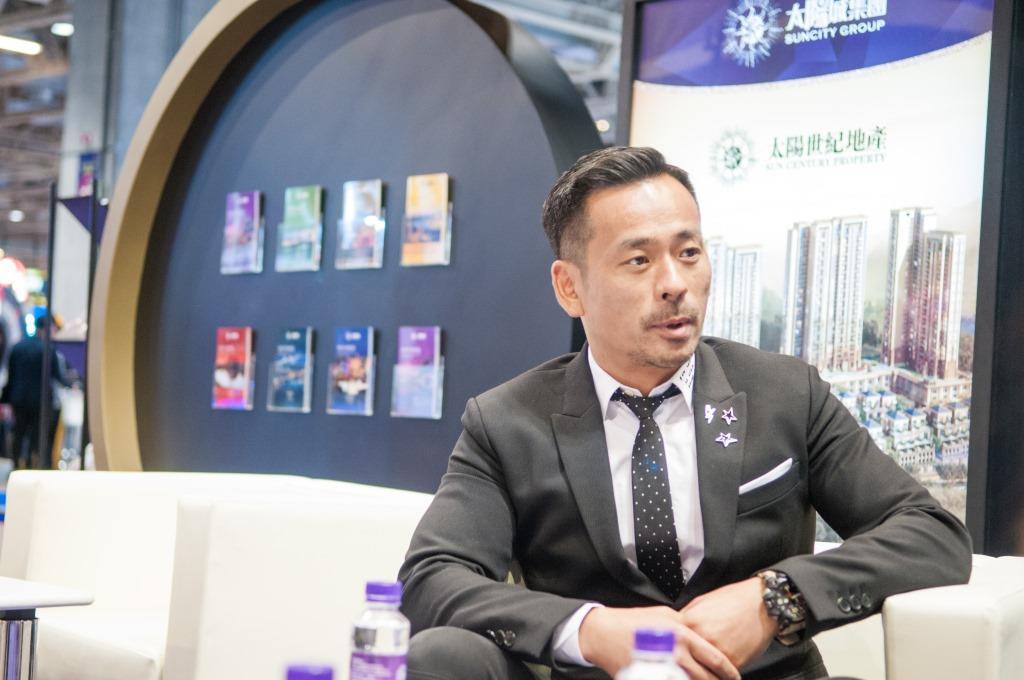Chief Macau Gaming Official Says Junket Collaborators Will Remain Unlicensed
Posted on: December 4, 2017, 03:00h.
Last updated on: December 4, 2017, 02:21h.
Macau Gaming Inspection and Coordination Bureau (DICJ) Director Paulo Martins Chan says there are no plans to develop some type of permit to issue VIP junket group “collaborators” that currently work in conjunction with the casino market’s six licensed operators.

Speaking at a legal event at the University of Macau, Chan told reporters that the DICJ doesn’t look at junket collaborators as individual companies, but associates of the licensed VIP business they’re in cahoots with. “The collaborators are basically working with the junket firms,” Chan explained, as reported by GGRAsia.
Collaborators are people or companies that aren’t licensed by the DICJ, but work for junket operators in marketing to clients, securing credit at casinos, and following up on debts owed by past patrons. Each year, licensed junkets must submit the names of collaborators they plan on doing business with, but the regulatory oversight of such vendors primarily ends there.
“We as regulators don’t look at them independently,” Chan stated. “But we will see whether further considerations should be adopted on this monitoring issue.”
Macau’s six licensed operators are Las Vegas Sands, Wynn Resorts, MGM Resorts, Galaxy Entertainment, SJM Holdings, and Melco Resorts. Junkets bring their high roller clients, often from mainland China, to their own private gambling rooms inside the casinos. The gaming operations are managed by the licensed casino.
Industry Shakeup? Or Business as Usual?
Macau’s six gaming operators will see their licenses begin to expire in 2020. MGM and SJM, the latter being billionaire Stanley Ho’s empire that held a gambling monopoly on Macau for decades, are first to expire. Two years later, the four other licenses will become invalid.
The general consensus among analysts is that all six will be renewed without an interruption of play. But before the DICJ issues new permits, the regulatory agency says it’s going to review all aspects of the market and likely require more transparency from the industry.
What the means, however, largely remains unknown. Macau Chief Executive Chui Sai On did reveal that new technological systems will be implemented to better monitor the tour groups’ finances.
Ch-Ch-Ch-Ch-Changes
In addition to keeping better tabs on the money coming in and out of each junket company, the DICJ is also reportedly considering increasing the amount of “capital deposit” each new junket must hand over to the local government. And the increase is substantial.
Newly licensed junkets are currently required to pay a MOP 100,000 deposit ($12,420). But under a proposal, that number would be increased 6,100 percent to MOP 50 million ($6.2 million).
Already licensed junkets wouldn’t be required to pay the difference, as the new regulation would apply onto to new touring group applicants. The deposit change is to keep smaller firms from entering the industry, and therefore requiring more oversight from the DICJ.
Junkets were at the center of Chinese President Xi Jinping’s anti-corruption crusade as it related to Macau. Closer scrutiny of junket operations led to a drastic reduction in VIPs traveling to the enclave, and subsequently led to the closure of dozens of touring companies. Now to re-enter, they might be forced to raise over $6 million just for their local government deposit.
No comments yet